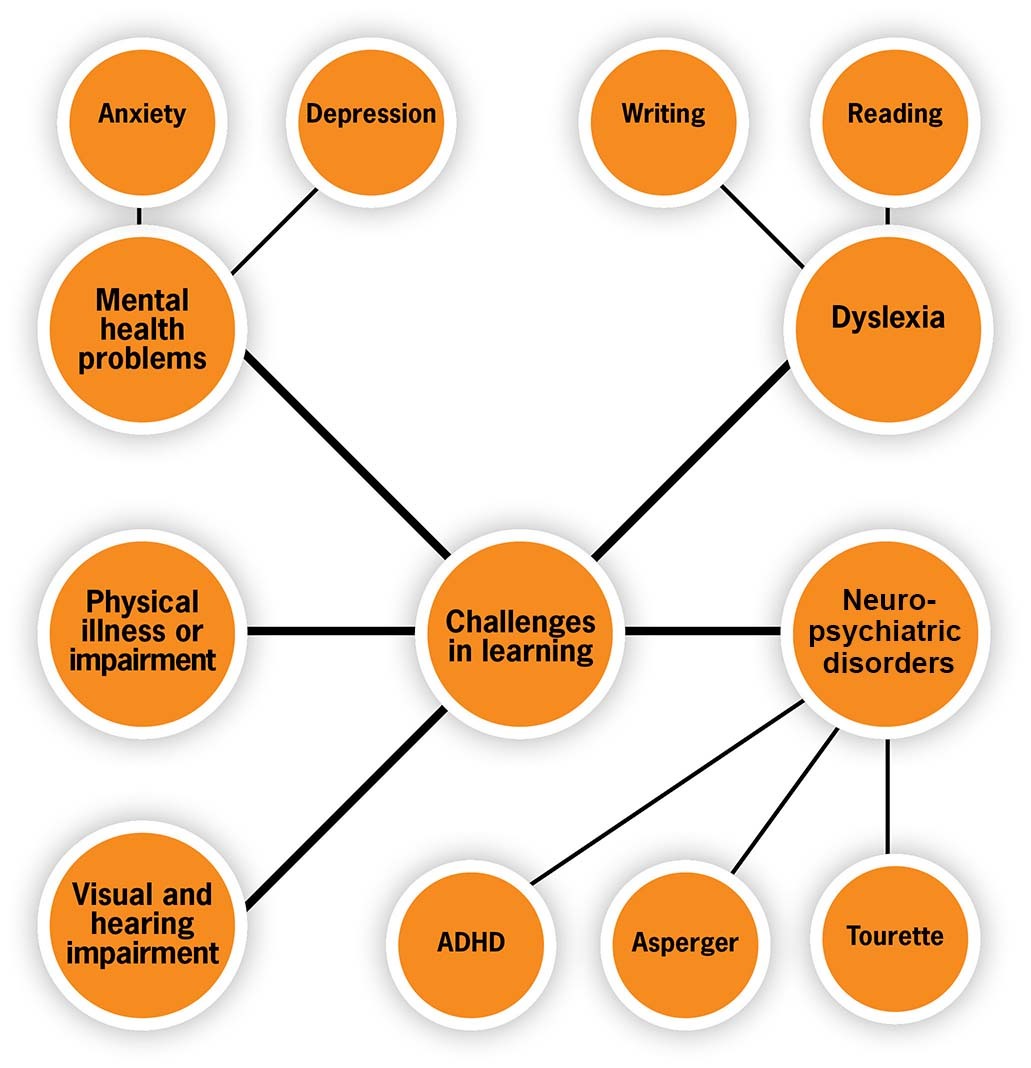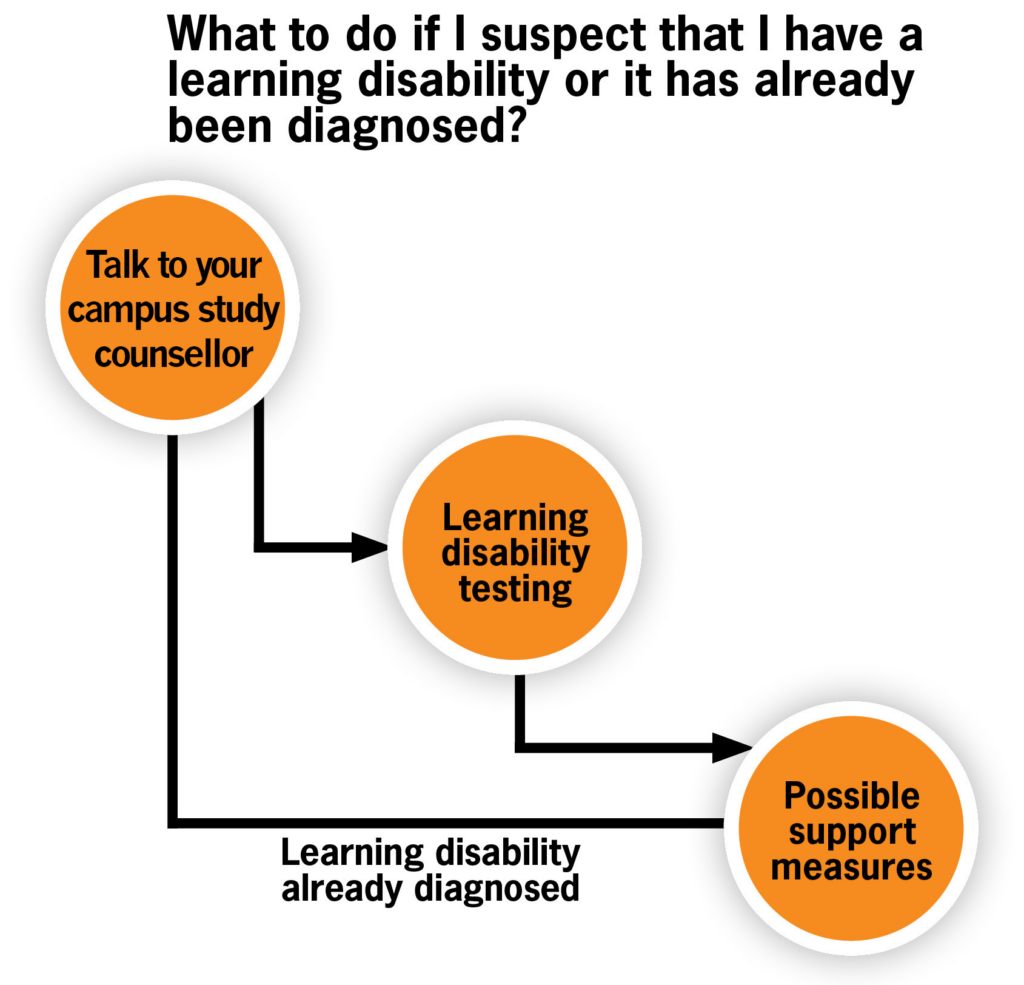Accessibility in Studies
Accessibility
All our students have the right to accessible studies. Our aim is to treat all students fairly and equally. The Non-Discrimination Act obliges universities of applied sciences to acknowledge different students. We try to organise teaching methods, and learning and operating environments that serve all students and help them graduate within their target time.
Physical environment
The accessibility of our higher education institution’s campus areas is particularly functional. There are special arrangements for accessibility:
- Each location’s parking site has marked disabled parking spaces.
- The accessible entrance doors of the Linnanmaa campus are the main entrance C and door C5. At Kontinkangas campus, the Louhi building’s main entrance is accessible. At Oulainen campus, the main entrance is accessible.
- Each campus has a wheelchair for visitors: please ask the janitors if you wish to borrow it. The campuses have sufficient room to move with mobility aids.
- The ICT services of the Linnanmaa campus can lend visitors an induction loop package that can be used at any facility. The Paasi building of the Kontinkangas campus has facilities equipped with an induction loop. The auditorium of the Oulainen campus has an induction loop.
- Each campus has several accessible toilets.
- The campuses have lifts that facilitate mobility.
Support for learning
In our higher education institution, teacher tutors, heads of studies and campus study counsellors provide students with information and support to plan their studies. Our institution’s website contains abundant and clear information to support study planning.
Students who have difficulties with learning can ask the teacher for support measures to help complete the study module.

If you have been diagnosed with a learning difficulty, please contact your campus study counsellor. The campus study counsellors plan the most suitable individual arrangements to support studies with the student. Support measures include
- personal study plan
- additional time to complete an exam, at least 20 minutes per hour
- workshops to support the progress of studies
- lecture materials in advance
- alternative performance
- instruction for digital aids
- opportunity to have oral tests/tasks or to supplement tests orally
- opportunity to take a test in several parts
- additional guidance with thesis work, for example
- Celia services
- extended loan period for course books (contact your campus study counsellor first)

The student’s responsibility is to inform the teacher sufficiently about their situation so that the teacher can provide them with the necessary support. The personal arrangements take into account both the study module’s and the degree programme’s learning objectives. The teacher’s task is to assess the achievement of learning objectives and ensure student equality.